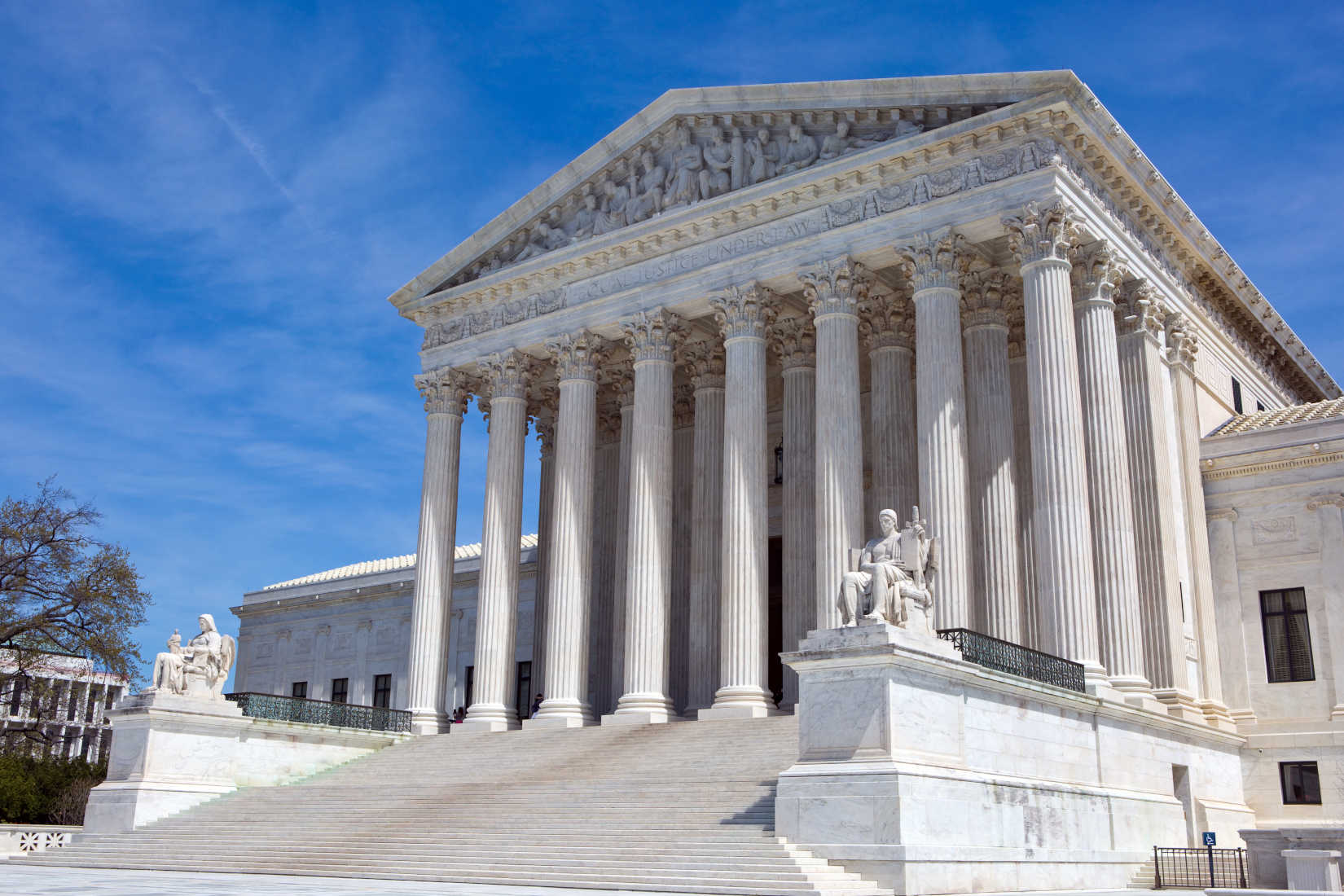By: Peter Suciu
Last week, the Supreme Court of the United States (SCOTUS) issued a decision that let stand the State of Texas’ abortion ban. The ruling in Whole Woman’s Health v. Jackson was seen by the mainstream media as the most controversial in the modern court’s history. Critics of the decision have argued that it would wipe out s-called “reproductive freedom” in the Lone Star State.
Under the Texas law – which some have labeled a “bounty hunter” anti-abortion law – abortions are essentially illegal after a fetal heartbeat is detected, which is around six weeks. Critics say this could occur before many women even know they are pregnant. To enforce the law, Texas now allows private citizens to sue anyone helping a woman who chooses to end her pregnancy more than six weeks after her last period.
Broader Implications
Some legal experts had warned the SCOTUS decision could set a dangerous precedent, allowing states to enact similar measures to skirt existing laws. Among those would be gun laws, and the ruling could allow a backdoor form of gun control.
On Sunday, California’s Democratic Gov. Gavin Newsom was among the first to test the limits that the decision could have – and he is using the pro-life decision of the court against the Second Amendment of the Constitution of the United States.
“I am outraged by yesterday’s U.S. Supreme Court decision allowing Texas’s ban on most abortion services to remain in place, and largely endorsing Texas’s scheme to insulate its law from the fundamental protections of Roe v. Wade. But if states can now shield their laws from review by the federal courts that compare assault weapons to Swiss Army knives, then California will use that authority to protect people’s lives, where Texas used it to put women in harm’s way,” Newsom wrote in a statement.
“I have directed my staff to work with the Legislature and the Attorney General on a bill that would create a right of action allowing private citizens to seek injunctive relief, and statutory damages of at least $10,000 per violation plus costs and attorney’s fees, against anyone who manufactures, distributes, or sells an assault weapon or ghost gun kit or parts in the State of California. If the most efficient way to keep these devastating weapons off our streets is to add the threat of private lawsuits, we should do just that.”
The comments were posted on Twitter from the official Office of the Governor of California account (@CAgovernor):
If states can shield their laws from review by federal courts, then CA will use that authority to help protect lives.
We will work to create the ability for private citizens to sue anyone who manufactures, distributes, or sells an assault weapon or ghost gun kit or parts in CA. pic.twitter.com/YPBJ00vN6z
— Office of the Governor of California (@CAgovernor) December 12, 2021
It is clear that Newsom is attempting to create a similar loophole to the one that now stands in Texas, but there are several issues at play. The first of which is that many communities already have bans in place for the sale of so-called ghost gun kits, while the Golden State already has very strict laws on the books that dictate what is legal (California compliant) regarding semi-automatic modern sporting rifles.
It would seem that someone can’t sue someone for owning something if it actually complies with the state law. And if a community has banned a particular firearm, then those importing them are already breaking the law. Any new laws on the books could impact the firearms makers based on the actions committed by criminals.
Federal Protections
Whether such a move would be constitutional is still a matter of debate – and while Newsom is attempting to use the Texas law as precedent, there are other factors at play. In 2005, the United States Congress passed into law the Protection of Lawful Commerce in Arms Act (PLCAA), which provides gun manufacturers a significant degree of immunity from being sued for money damages by victims of gun violence and their relatives.
This past April, President Joe Biden called for the law to be overturned, and erroneously suggested that firearms manufacturers are the only companies that can’t be sued. That isn’t true of course, yet Rep. Adam Schiff (D-Calif.) introduced House Resolution 2814 (H.R.2814) to repeal the act on April 22, 2021. That resolution failed to advance out of committee.
Skirting the System
It isn’t just Californians, including Newsom and Schiff, who are seeking ways to sue gun makers out of business.
Last year, New York State Sen. Zellnor Myrie (D-Brooklyn) authored a bill he said he believes would significantly expand the state’s ability to challenge manufacturers whose products are used illegally. The measure would amend the state’s criminal nuisance law to include the sale or manufacture of a product that endangers people’s health or safety.
In other words, the lawmaker sought to make it legal to sue legitimate businesses for conducting normal business operations when their products are sold illegally by unrelated third parties. That would be like suing the maker of the SUV used to wreak havoc in the tragic holiday parade in Waukesha, Wisconsin.
Yet it seems that is exactly what Newsom, Myrie, and others have in mind.
Peter Suciu is a Michigan-based writer who has contributed to more than four dozen magazines, newspapers and websites. He regularly writes about military small arms, and is the author of several books on military headgear including A Gallery of Military Headdress, which is available on Amazon.com.

